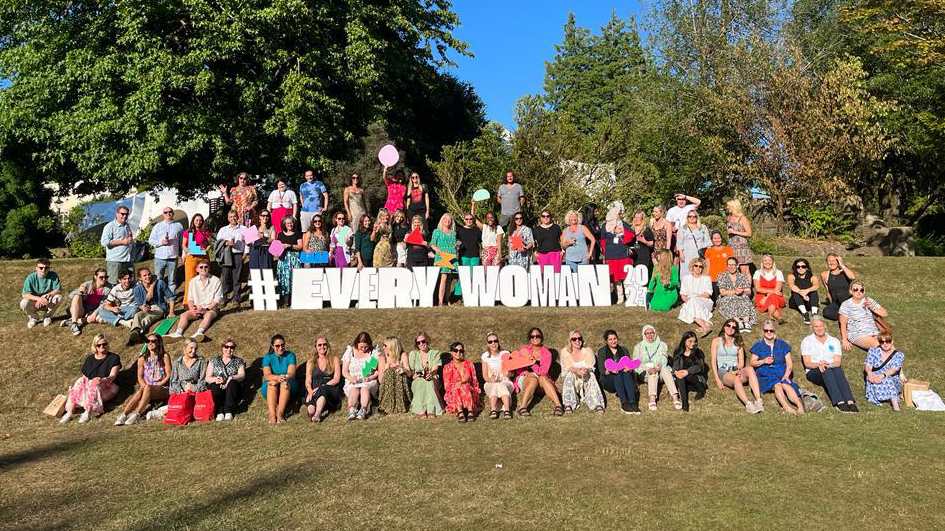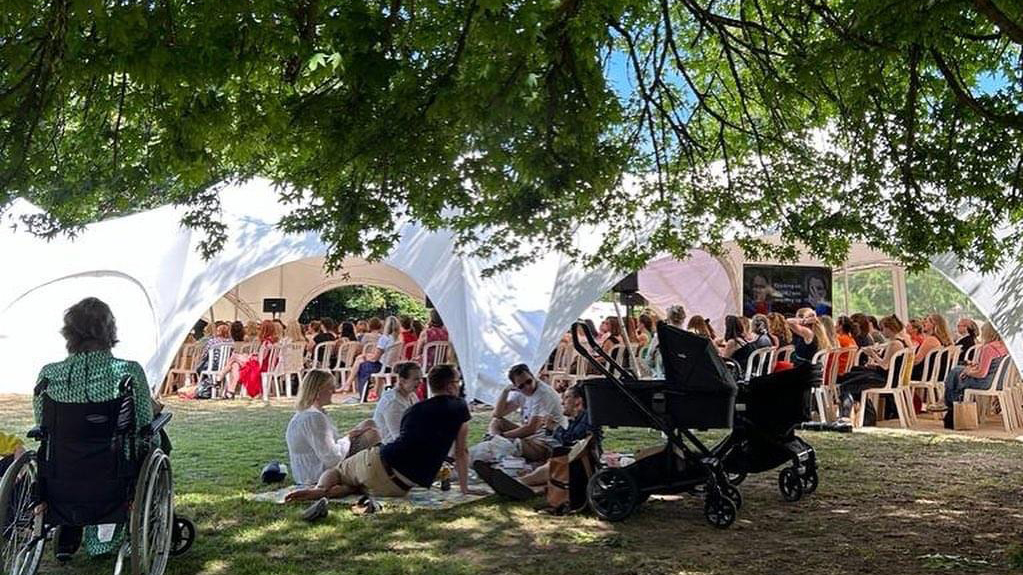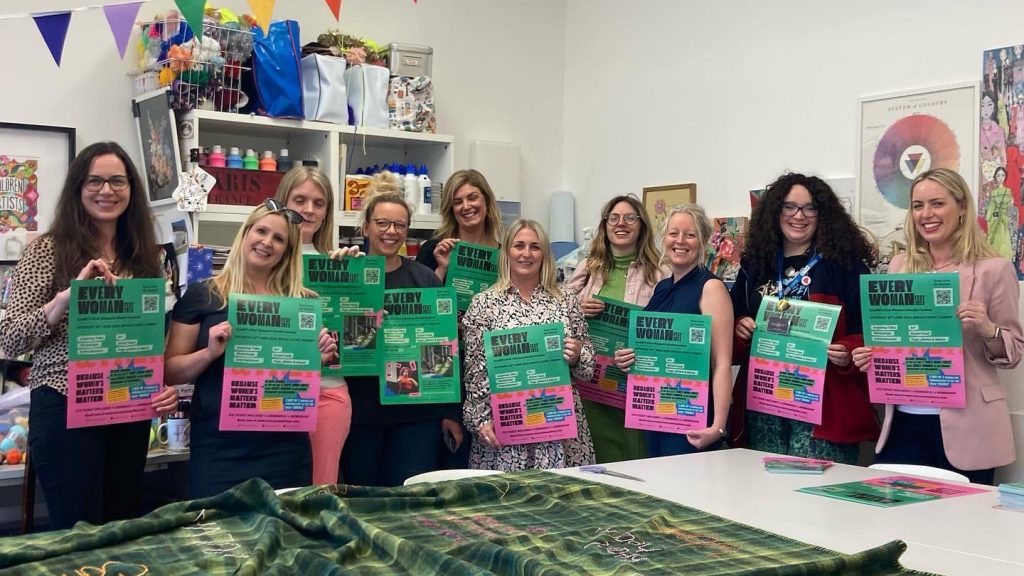Women are struggling to get proper health care because of gender health disparity says a Cardiff surgeon. How can the health festival she set up in the city help the situation?

Julie Cornish was fed up with hearing stories about women who weren’t getting the medical help they needed.
The Cardiff surgeon had heard so many stories about women simply accepting their symptoms and the poor quality of life that came with it, and being told their symptoms are normal because of their hormones, that they’ve had a baby or are getting old. All problems that are linked to Britain’s gender health gap.
“I know a lot of women who have suffered from health problems for many years, and they didn’t realize they could go to see someone, or they did go to see someone, but they were told as normal. And if they have seen me or someone else 10 years before, they could have had it sorted out very quickly,” says Julie.
This was the inspiration she needed to launch Cardiff’s Everywoman Festival in 2023. Her aim was to educate women about the help they should expect to find when they talked to a doctor.
“I got twin daughters, and they are twelve soon. And obviously I’ve spoken to them about a lot of these issues, but their friends aren’t necessarily told the same things and they haven’t been taught some of the stuff at school that I would consider to be basic,” says Julie, “And then I realize the basic education is really important, not just for women, but for the women of everywhere and every age.”
Last year’s event was attended by 1,000 people and received very good feedback. Following a successful first event, this year’s Everywoman Festival is going to be held in Cardiff in June and become even bigger.

“We had one speaker attend last year, and this year is about six. We also increased the capacity of the number of people to consist in tents and we have about one hundred workshops as well.” says Julie.
In recent years, the problem of lack or delay services and gender disparity in health care has become more serious.
According to Pelvic Floor services report 2022, with delays in waiting times to see a specialist in pelvic floor problems ranging from 1-3 years across the UK and waiting times from initial presentation to undergoing surgery being as long as 7-10 years.
A Royal College of Obstetricians and Gynaecologists (RCOG) survey found that 24% of women feel unable to seek care because they are embarrassed (2019). The survey of more than 1000 people found that sexual health and mental health topped the list of health topics women are embarrassed to talk to health professionals about. Other topics include weight gain, eating disorders, incontinence, gynaecological issues and bowel issues.
The RCOG survey also found that 24% of women feel unable to seek care because they’re embarrassed about their bodies and 15% feel unable to seek care due to feeling judged.
Julie hopes to use the woman’s health festival to raise awareness of the plight of women in healthcare and to make a difference.

“Look at the things that are happening with the maternity transformation program in England,” says Julie, “Wales has a different structure to England, and I think we are behind at the moment.”
But the overall atmosphere of the Everywoman Festival is relaxed and enjoyable.
“We combine it with all sorts of arts, workshops, drinks and music. “Says Julie.

And Julie points out that this event is not just for women with health problems, but to make everyone more aware of women’s health issues, because “you never know when those symptoms are going to start”.

